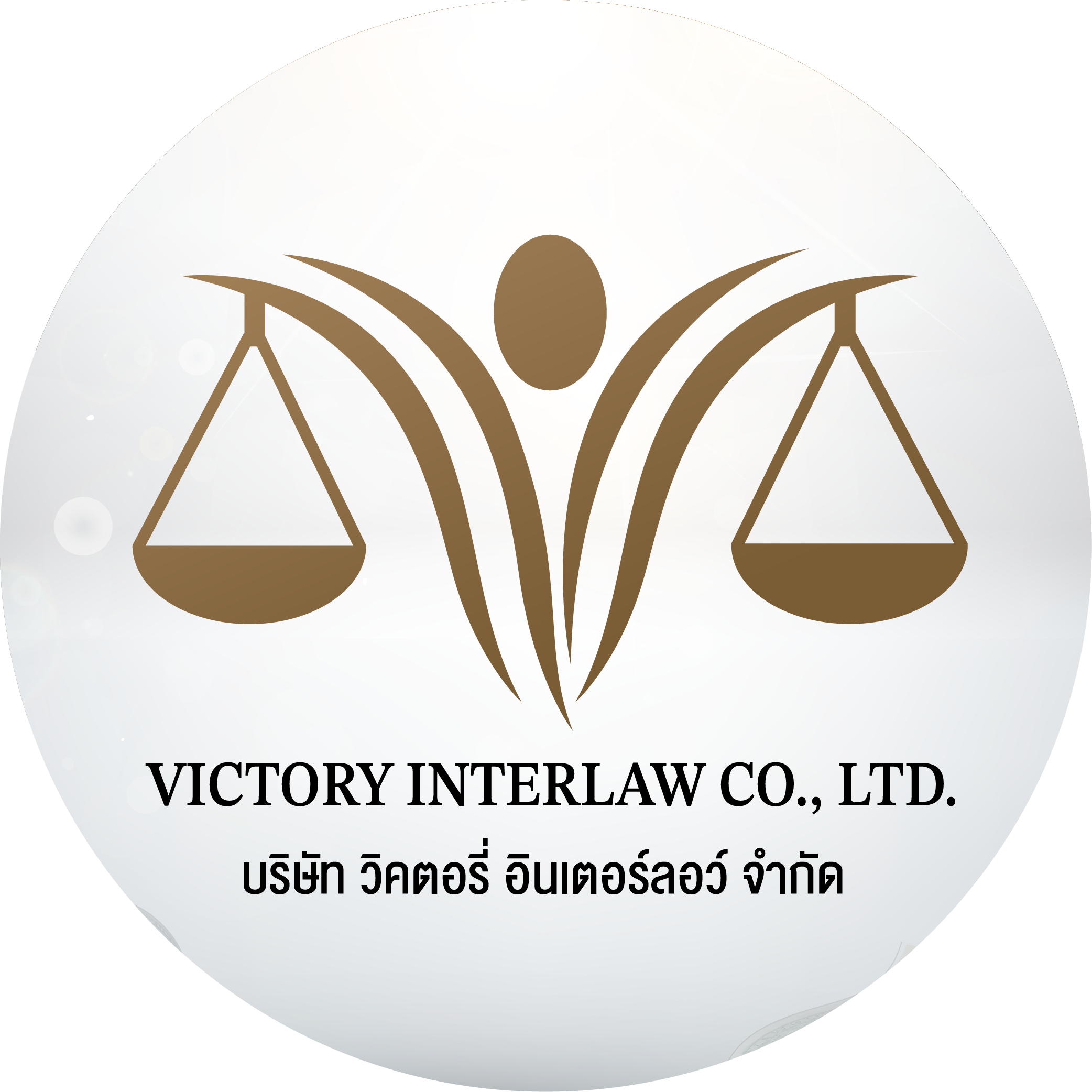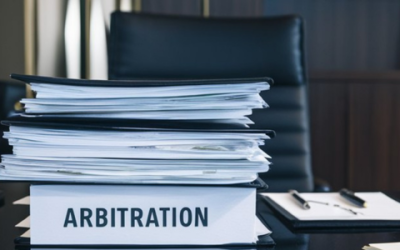Navigating Labor Disputes with Expert Legal Support
Labor disputes can significantly impact both employers and employees, making skilled legal representation crucial for navigating these conflicts effectively. In Thailand, labor disputes are adjudicated by specialized Labor Courts that focus on employment-related issues such as wrongful termination, unpaid wages, and discrimination.
Victory InterLaw offers comprehensive Labor Court litigation services designed to protect your rights and interests. Our experienced legal team provides expert guidance and representation through every stage of the litigation process, whether you’re an employer defending against claims or an employee seeking justice.
Key Aspects of Labor Court Litigation in Thailand
- Understanding the Labor Court System
- Specialized Jurisdiction: Labor Courts in Thailand have exclusive jurisdiction over disputes arising from employment relationships, including claims related to wages, working conditions, and termination.
- Expedited Procedures: The Labor Courts aim to resolve disputes efficiently and expeditiously, with procedures that facilitate swift hearings and decisions to minimize disruption for both parties.
- Common Types of Labor Disputes
-
- Wrongful Termination: Claims arising from allegations that an employee was unjustly dismissed, often involving issues of notice periods, severance pay, or contractual breaches.
- Unpaid Wages and Benefits: Disputes over unpaid salaries, overtime, bonuses, or other benefits that employees claim are owed to them under their employment contract or Thai labor laws.
- Discrimination and Harassment: Cases involving allegations of unfair treatment, harassment, or discrimination based on race, gender, age, or other protected characteristics.
- Contractual Disputes: Conflicts regarding the terms and conditions of employment contracts, including non-compete clauses, confidentiality agreements, and other contractual obligations.
- Pre-Litigation Steps
-
- Internal Resolution: Employers and employees are encouraged to attempt to resolve disputes internally through negotiations, mediation, or alternative dispute resolution mechanisms before proceeding to court.
- Labor Department Assistance: In some cases, the Department of Labor Protection and Welfare may provide mediation services to help parties reach a settlement without resorting to litigation.
- Filing a Claim in Labor Court
-
- Initiating Proceedings: To commence litigation, the aggrieved party must file a formal complaint with the Labor Court, outlining the basis of their claim and the relief sought.
- Service of Process: The complaint must be served on the opposing party, who then has the opportunity to respond and present their defense.
- Court Hearings and Evidence
-
- Presentation of Evidence: Both parties present evidence and arguments to support their case, including witness testimony, documentary evidence, and expert opinions.
- Judicial Review: The Labor Court reviews all submitted evidence and hears arguments from both sides before making a decision based on the merits of the case.
- Court Orders and Enforcement
-
- Judgment Issuance: After considering the evidence and arguments, the court issues a judgment that may include orders for compensation, reinstatement, or other remedies.
- Enforcement Mechanisms: If a party fails to comply with the court’s judgment, enforcement mechanisms such as wage garnishment or property liens may be employed to ensure compliance.
- Appeals Process
-
- Appealing Decisions: Parties dissatisfied with the Labor Court’s decision have the right to appeal to the Court of Appeal for Specialized Cases, which reviews the case and may affirm, reverse, or modify the lower court’s decision.
- Final Resolution: The decision of the Court of Appeal is typically final, providing a conclusive resolution to the dispute.
Challenges and Considerations in Labor Court Litigation
- Complex Legal Issues
- Interpretation of Labor Laws: Labor disputes often involve complex legal issues that require careful interpretation of Thai labor laws and regulations.
- Contractual Ambiguities: Disputes over the terms and conditions of employment contracts can be complicated by ambiguous or poorly drafted contractual language.
- Evidence Gathering
-
- Documentary Evidence: Gathering and presenting comprehensive documentary evidence, such as employment contracts, pay slips, and internal communications, is critical to building a strong case.
- Witness Testimony: Testimony from witnesses, including colleagues and supervisors, can provide valuable support for a party’s claims or defenses.
- Balancing Power Dynamics
-
- Employer-Employee Power Imbalance: The inherent power imbalance between employers and employees can impact the litigation process, requiring careful handling to ensure fair treatment for all parties.
- Protecting Employee Rights: Employees often face challenges in asserting their rights against larger and more resourceful employers, underscoring the importance of skilled legal representation.
- Potential Reputational Impact
-
- Public Proceedings: Labor court cases are typically public, and negative publicity from the proceedings can impact the reputations of both employers and employees.
- Confidential Settlements: In some cases, parties may prefer to resolve disputes through confidential settlements to avoid the public exposure of sensitive issues.
- Emotional and Financial Strain
-
- Stress and Anxiety: Labor disputes can be emotionally taxing for both parties, particularly when job security and financial stability are at stake.
- Cost of Litigation: The costs associated with labor court litigation, including legal fees and potential damages, can be significant, making cost-effective resolution strategies essential.
Why Choose Victory InterLaw for Labor Court Litigation?
- Expert Legal Advocacy
- Experienced Litigators: Our team of seasoned litigators has extensive experience in representing clients in Labor Court, providing expert advocacy tailored to your specific needs.
- Strategic Representation: We develop and execute strategic litigation plans designed to achieve the best possible outcomes for our clients, whether through negotiation, settlement, or court proceedings.
- Comprehensive Legal Services
-
- Full-Service Support: We offer a full range of legal services, from initial consultation and case assessment to filing claims, presenting evidence, and enforcing judgments.
- Specialized Expertise: Our deep understanding of Thai labor laws and the Labor Court system enables us to navigate complex legal issues and provide effective representation.
- Personalized Approach
-
- Client-Centered Service: We take a personalized approach to each case, understanding your unique circumstances and goals to provide tailored legal solutions.
- Compassionate Support: Our team is committed to supporting you through the challenges of labor disputes, offering compassionate and dedicated service every step of the way.
- Effective Dispute Resolution
-
- Negotiation and Mediation: We strive to resolve disputes through negotiation and mediation whenever possible, promoting amicable and cost-effective solutions.
- Litigation Preparedness: If litigation is necessary, we are fully prepared to represent your interests in court, presenting a compelling case to secure the outcomes you deserve.
Contact Victory InterLaw Today
Whether you’re an employer facing claims or an employee seeking to assert your rights, Victory InterLaw is here to provide the expert legal assistance and support you need for your labor court litigation matters in Thailand. Contact us now to schedule a consultation and learn how we can help you navigate the complexities of labor disputes and achieve a favorable resolution.




